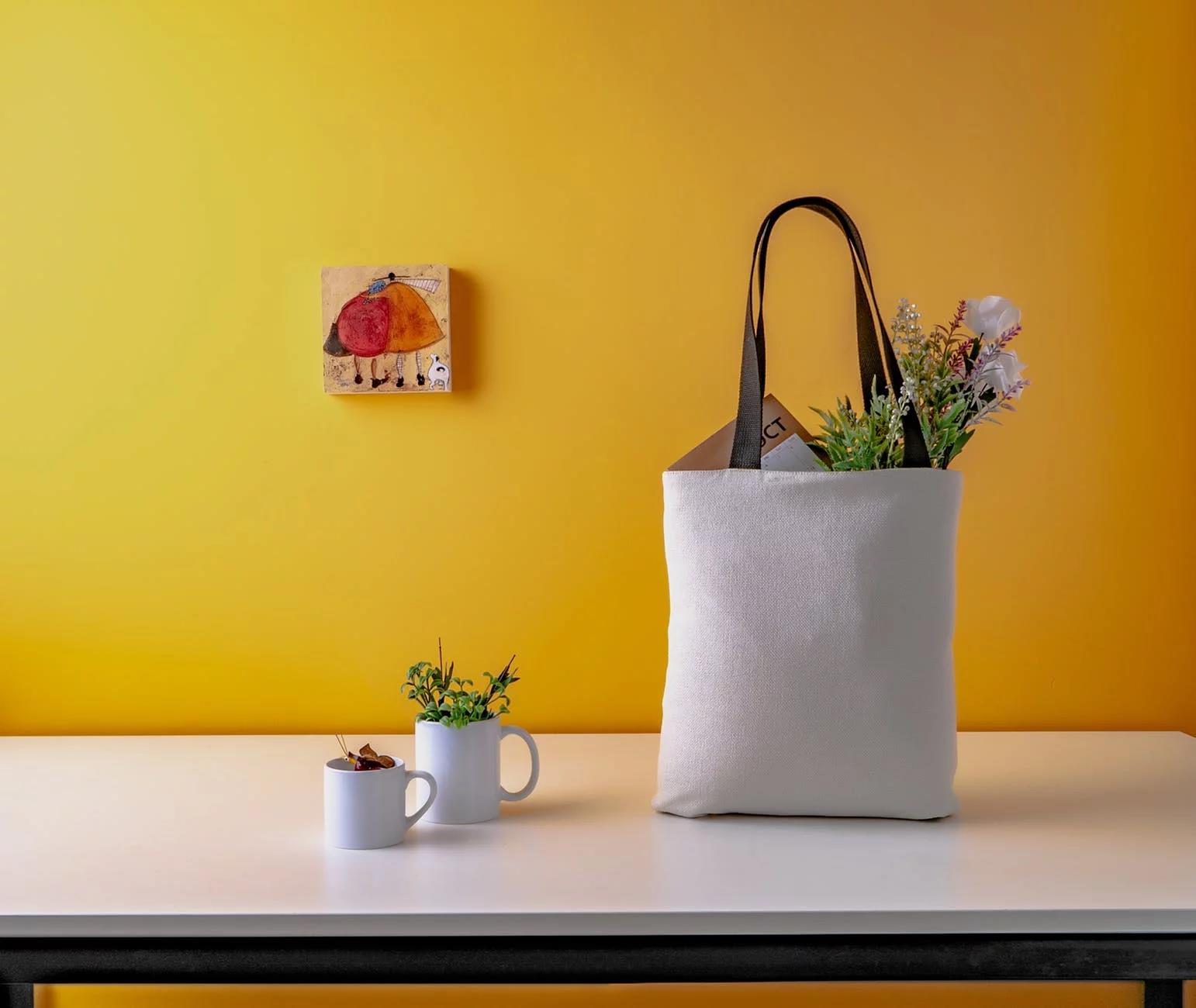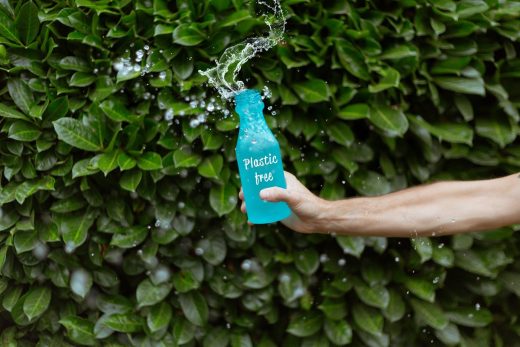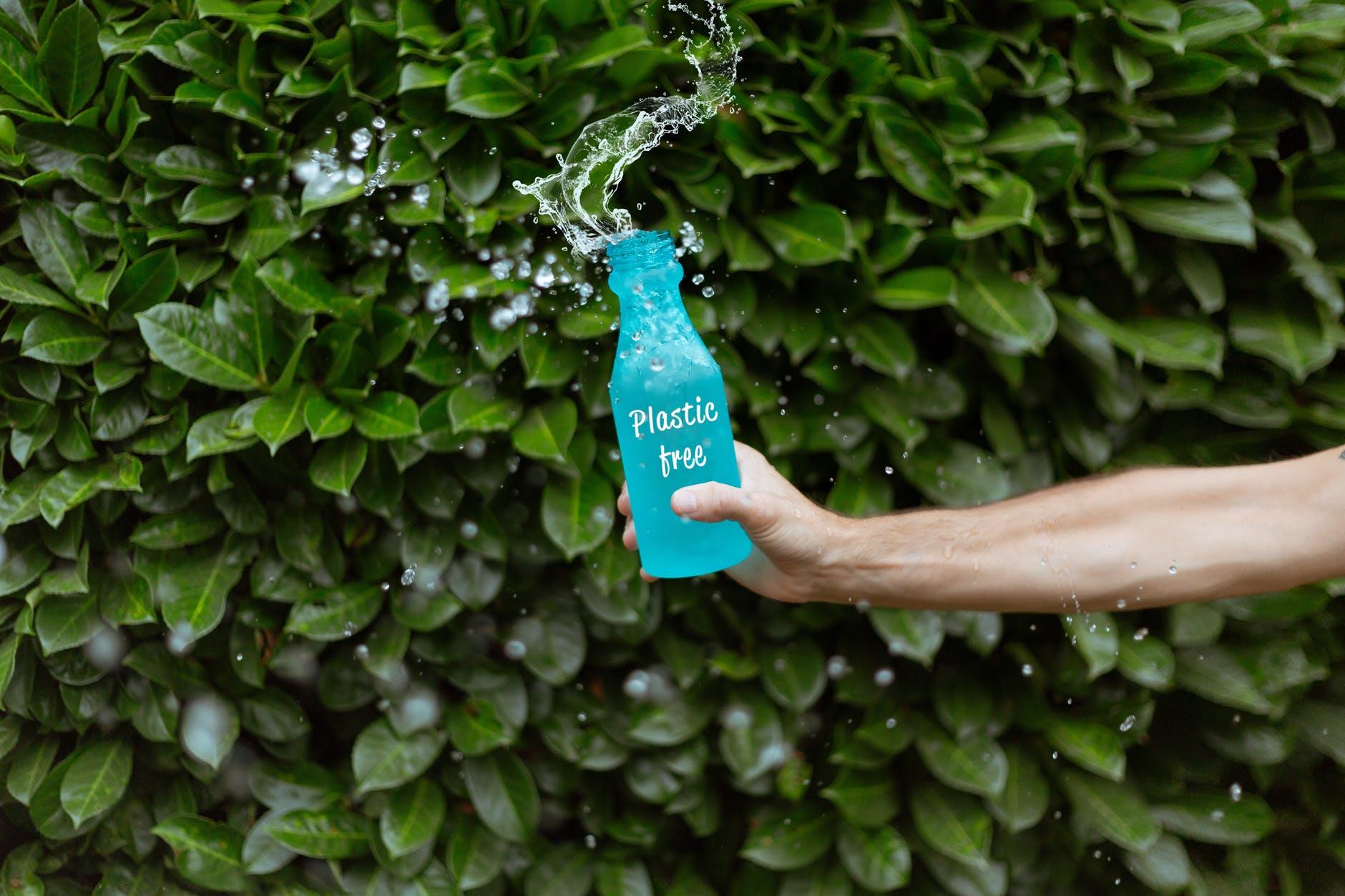
Creating an eco-friendly household is a lifelong endeavor. Making small improvements to your lifestyle is the best way to benefit the environment and create a more eco-friendly existence.
If your goal this year is to live a more environmentally conscious existence, take it one step at a time. Here are five simple ways to be more eco-friendly in everyday life.
Track and Monitor Your Consumption
Two main areas of household consumption are water and electricity. Both of these utilities are great starting points for becoming more eco-friendly.
To cut back on energy consumption, try some of the following techniques:
- Turn off lights and appliances when not in use.
- Unplug electronics to reduce phantom power use.
- Invest in energy-efficient appliances.
- Use energy-efficient light bulbs.
- Block drafts and add insulation.
To cut back on water use, you’ll have to be more mindful of your consumption and make some habit changes. Five easy ways to cut back on water consumption are:
- Set a five-minute timer when showering.
- Replace faucets and toilets with low-flow alternatives.
- Turn the tap off when brushing your teeth.
- Wash laundry in full loads only.
- Check pipes for leaks and fix them immediately.
With these simple habits and upgrades, you can start to make a positive impact on the environment.
Recycle and Compost
If your area doesn’t offer a recycling or compost program, there are still steps you can take to practice these habits at home.
First, reuse jars and containers as storage. Glass jars are one of the most versatile packaging options on the planet. You can use it for packing and transporting meals, storing art supplies, or even replanting food scraps.
Create a compost bin for your food waste in the backyard. If you’re in an apartment, you can buy a composter for your balcony. If smell is a concern, keep a small container in your freezer to transfer later. When making an at-home compost, don’t include meat scraps as they can attract pests and emit powerful odors.
Use the compost to feed your lawn or garden, or donate it to a local community garden.
Buy from Green Businesses
Make a change by being an eco-conscious consumer. Give your hard-earned money to businesses who care about their impact on the environment. Look for local manufacturers who use a service to conduct environmental assessments or for organizations with a LEED certification.
Buying local also has a direct impact on the environment as it results in a shorter supply chain.
Ditch Single-Use Plastics
While single-use plastics are convenient, they’re entirely unnecessary and damaging to the environment. Here are some simple swaps to curb your plastic use.
- Use canvas totes instead of plastic shopping bags, bringing your own on shopping trips.
- Swap plastic straws and water bottles for stainless steel alternatives.
- Buy reusable beeswax wrap to replace cling wrap.
- Replace plastic food storage with stainless steel or glass containers.
- Use a reusable coffee filter or pod.
These little changes can have a significant impact on the environment over time.
Be a Product Label Reader
Learn how to look for sustainable products. Many popular brands of soap and cleaning products use palm oil, which has a devastating effect on the environment due to unsustainable harvesting practices. A lot of products also have hidden plastic components in them, including disinfectant wipes, art supplies, and even chewing gum.
Whenever possible, opt for natural cleaning supplies as well. You don’t need harsh chemicals to get the job done. Hot water, baking soda, and vinegar are some of the most powerful cleaning products on the market.
By making these simple changes, you can be more eco-friendly in your everyday life.




